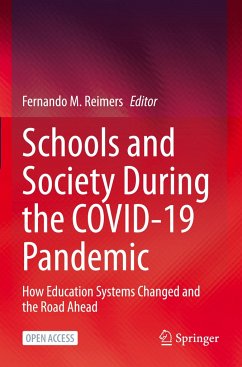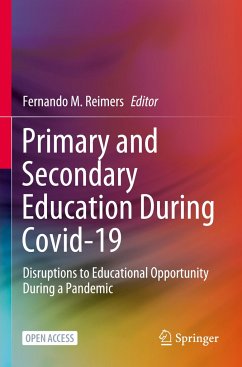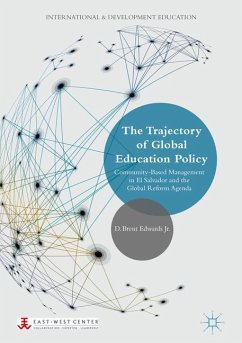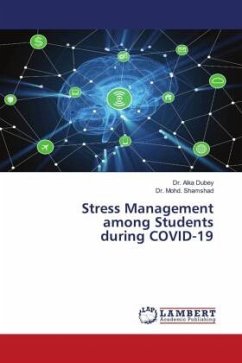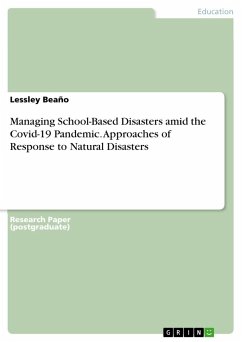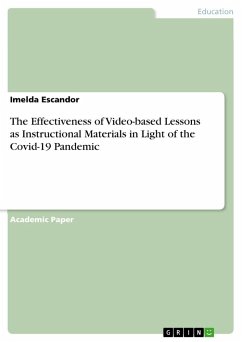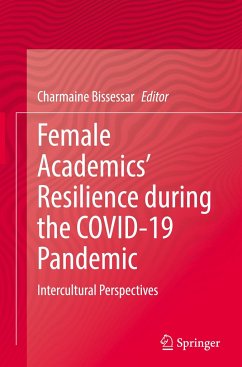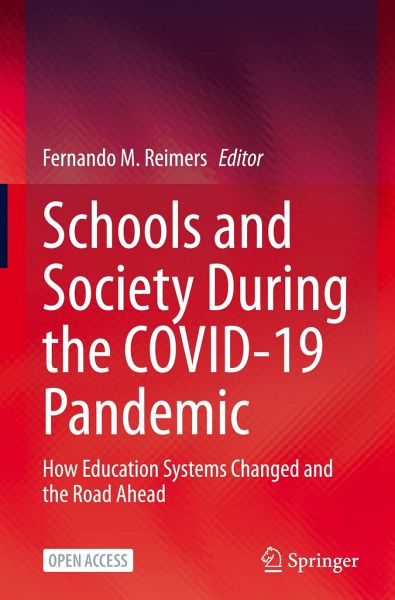
Schools and Society During the COVID-19 Pandemic
How Education Systems Changed and the Road Ahead
Herausgegeben: Reimers, Fernando M.
Versandkostenfrei!
Versandfertig in 6-10 Tagen
38,99 €
inkl. MwSt.

PAYBACK Punkte
19 °P sammeln!
This open access book provides an analysis of the effects of the COVID-19 Pandemic on diverse education systems, and of the results of the policies adopted to sustain educational opportunities. Through a series of diverse national case studies, the book examines the preexisting fragilities and vulnerabilities in educational structures which shaped the nature of the varied responses, around the world, to teaching and learning during the worst crisis in public education in recent history.The chapters in the book take stock of how educational opportunities changed in various education systems aro...
This open access book provides an analysis of the effects of the COVID-19 Pandemic on diverse education systems, and of the results of the policies adopted to sustain educational opportunities. Through a series of diverse national case studies, the book examines the preexisting fragilities and vulnerabilities in educational structures which shaped the nature of the varied responses, around the world, to teaching and learning during the worst crisis in public education in recent history.
The chapters in the book take stock of how educational opportunities changed in various education systems around the world as a result of the Covid-19 pandemic, answering the question of what did education systems, and societies, learn about education as a result of the pandemic.
The book covers diverse education systems, with varying levels of resources and facing distinct education challenges, including Brazil, Chile, Finland, Japan, Mexico, Norway, Portugal, Russia, Singapore,Spain, South Africa, and the United States.
The chapters in the book take stock of how educational opportunities changed in various education systems around the world as a result of the Covid-19 pandemic, answering the question of what did education systems, and societies, learn about education as a result of the pandemic.
The book covers diverse education systems, with varying levels of resources and facing distinct education challenges, including Brazil, Chile, Finland, Japan, Mexico, Norway, Portugal, Russia, Singapore,Spain, South Africa, and the United States.





